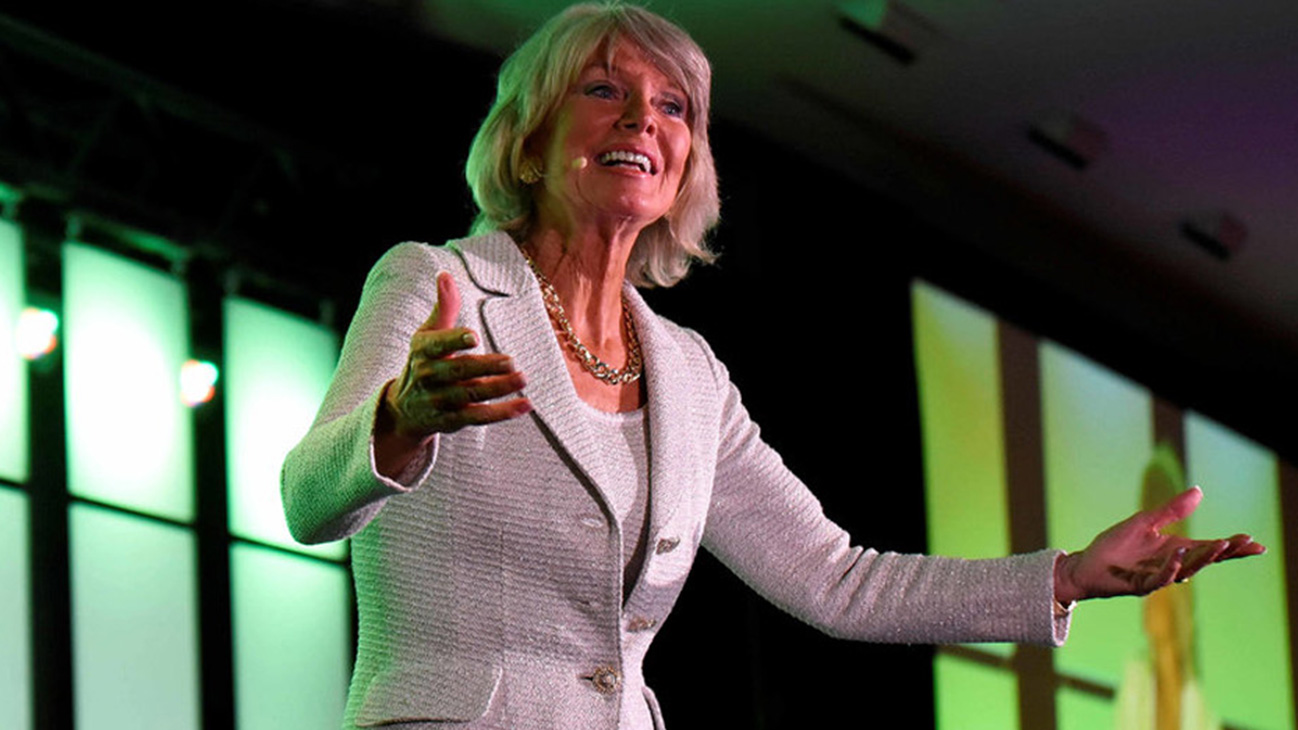During times of uncertainty, if our constant internal chatter is filled with “what ifs”, the thinking part of our brain is held hostage. Survival chemicals flood our body and our immune system shuts down, making us even more vulnerable. It becomes a toxic, closed-loop fear circuit that inevitably leads to more serious problems and, possibly, serious illness.
The executive part of our brain, the pre-frontal cortex (PFC), is meant to be in charge of decision-making and planning. Unfortunately, stress shuts it down, limiting our ability to think clearly and make good decisions.
In a recent blog post, Dr. Janet Lapp, an expert on change management, shared strategies to help us keep fear at bay so our brain can operate at its best even in times of immense stress.
1. Put Your Frontal Cortex Back in Charge with Thought-Substitution.
For every fear-based thought, use your PFC to reason yourself through it. Pretend it’s an arm wrestle and you want your PFC to win — put your energy there. Worrying won’t prevent it, won’t solve it, won’t help you at all. In fact, it will increase your risk of illness. It doesn’t help to say, “don’t worry”, that makes it worse. Reason it through: “Okay you’ve lost $450K on paper. Has this happened before? Yes? Did you get through it, even better than before? Yes? So are you broke now? No? What’s the worst that will happen if you are? Prison? Exile? No? You can earn it back and this setback might make you more motivated and creative.”
2. Avoid Stimuli and People that Aggravate Fear.
Stay away from social media or stop following antagonistic posts. Check news reports from the WHO or CDC no more than once a day. Avoid partisan news. Don’t post anything negative or that blames yourself and others. Stop reading or listening to conspiracy theories. Instead, plan nurturing and enjoyable things to do that you should have been doing anyway but were too busy to fully engage in before.
3. Take Action.
Do everything that is recommended by scientists and healthcare professionals, and no more. The only way to decrease fear is to take action into it. Don’t be crazy and waste energy, money, and time on anything that won’t pay off. Toilet paper hoarding has not been correlated with disease mitigation.
4. Review the Benefits That Have Resulted From Even the Most Terrible Disasters.
During our toughest times, we humans remember our connection. We remember who we are as we band together and help and support each other. We learn from our mistakes and fix systems that weren’t up to the task. We get stronger and more resilient.
Use this difficult time that we find ourselves in to bring out the best of you, and the best of us — put your best self in charge, avoid people and messages that aren’t helpful, do everything that’s recommended, and, in calmer times, reinforce this behaviour by reviewing the benefits that came with it.
Dr. Janet Lapp delivers a powerful message: change is not a force to be feared but an opportunity to be seized. With humour and finesse, she helps people confront the truth of what they need to do — and how they need to think — to move into the future with success and optimism.




